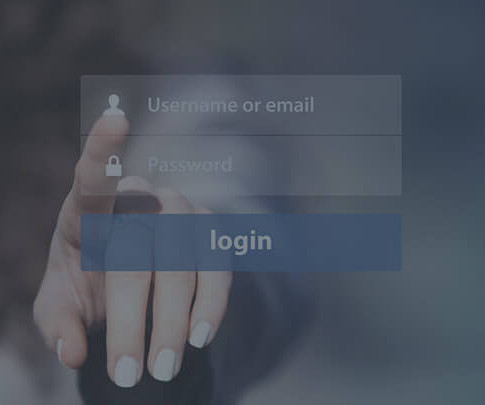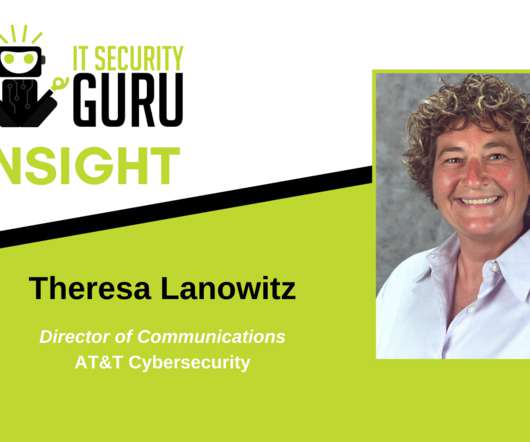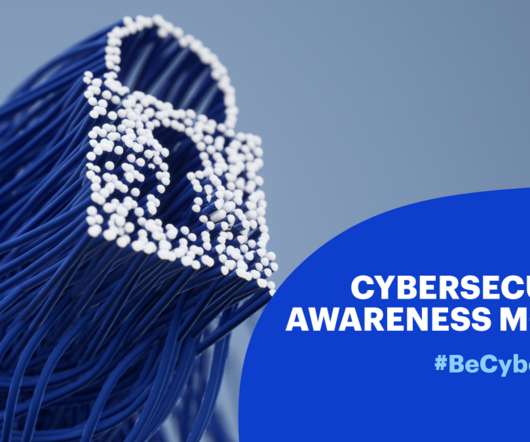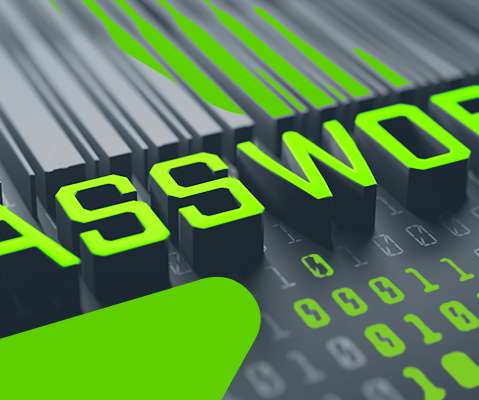Graduation to Adulting: Navigating Identity Protection and Beyond!
Webroot
MAY 9, 2024
Why protecting your identity matters Imagine this: you’re building your credit score, applying for a credit card, or renting your first apartment. These milestones are crucial, but they also make you a prime target for identity theft and fraud. This is where identity and virus protection step in.


















Let's personalize your content